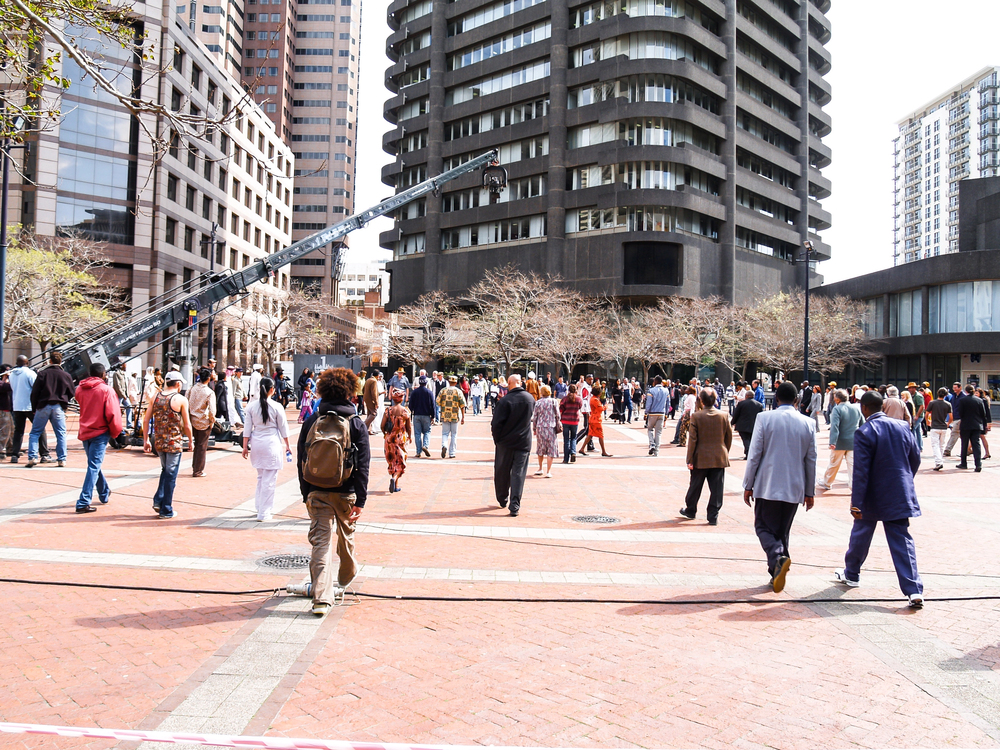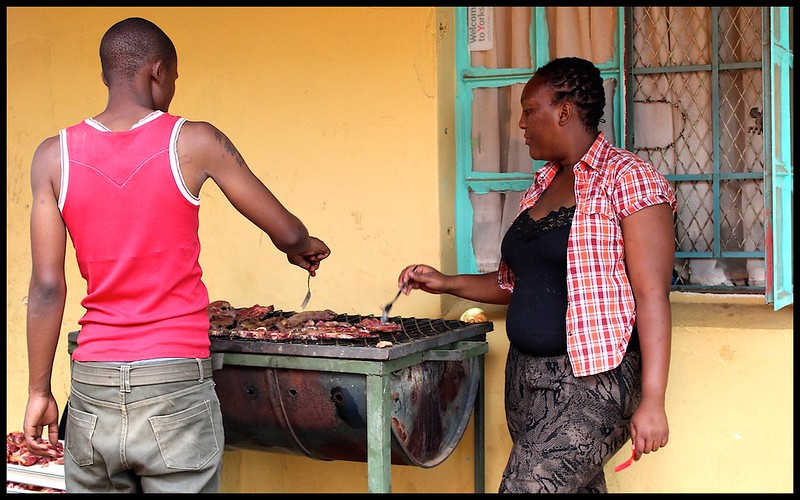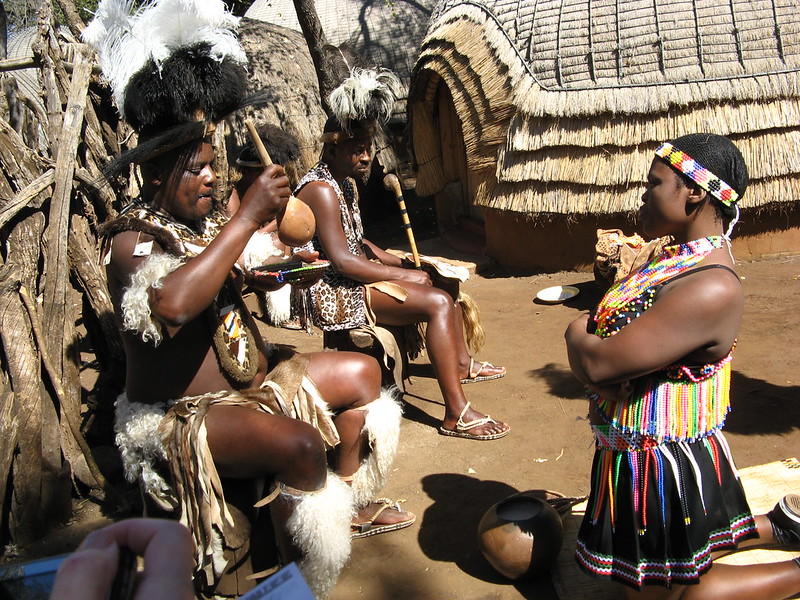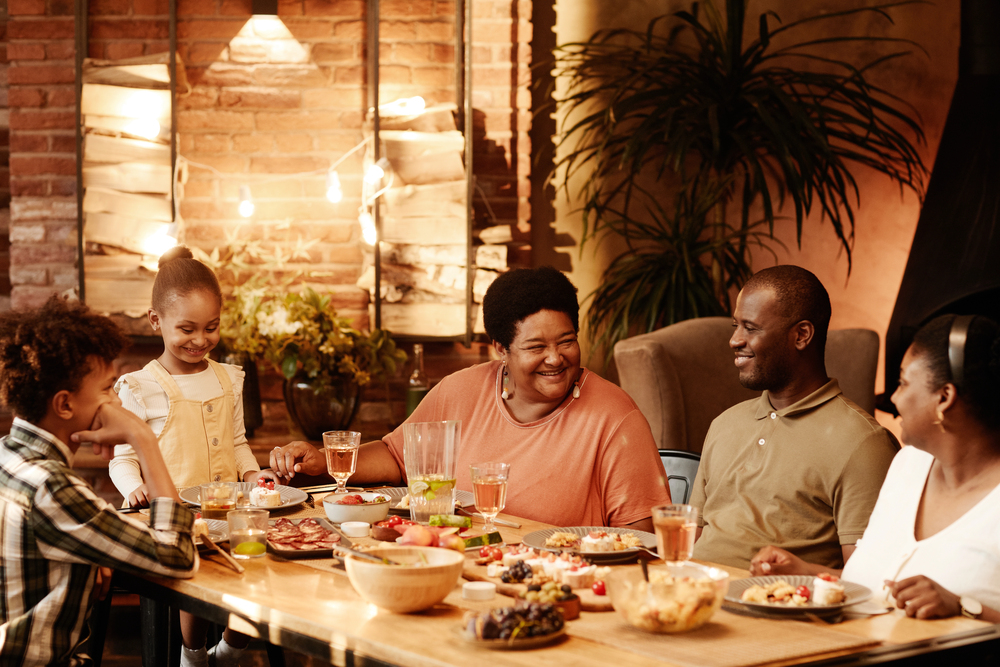South Africa isn’t just a destination—it’s a cultural kaleidoscope where ancient traditions dance with modern life. Known as the Rainbow Nation, this incredible country brings together 11 official languages, diverse ethnic groups, and customs that have been shaped by centuries of rich history. From the warm philosophy of Ubuntu to the sizzling social ritual of a weekend braai, understanding South African culture will transform your experience from tourist to temporary local.
Whether you’re moving there for work, studying, or just visiting for an extended stay, blending in goes way beyond learning a few phrases. Here is a list of 18 essential tips that will help you navigate the cultural landscape like a pro and earn genuine smiles from the locals.
Learn Basic Greetings in Local Languages

South Africans use different greeting styles depending on their ethnic heritage, and showing effort to greet people in their language is deeply appreciated. Start with simple Zulu phrases like ‘Sawubona’ (hello) and ‘Yebo’ (yes), or try Afrikaans basics like ‘Goeie dag’ (good day). The Xhosa greeting ‘Molo’ is commonly used in the Eastern and Western Cape provinces. Even attempting these greetings with your inevitable accent will earn you warm smiles and respect for making the effort.
Master the Art of ‘Now Now’ vs ‘Just Now’

— Photo by brians101
In South Africa, time has its own unique rhythm that confuses visitors but makes perfect sense locally. When someone says they’ll do something ‘just now,’ they mean in an hour or so, not immediately. ‘Now now’ means in a few minutes, while ‘right now’ actually means right away. Think of it like South African time zones—everything has its own relaxed pace. Don’t be surprised if appointments run a bit late, especially in more laid-back areas like Cape Town.
Embrace Ubuntu Philosophy

Ubuntu, meaning ‘I am because we are,’ is deeply ingrained in South African society and emphasizes community, empathy, and shared humanity. This isn’t just a nice saying—it’s a way of life that shapes how people interact. It’s a humanistic approach that holds ethics and morals at the forefront of everything. Practice this by being genuinely interested in others’ well-being, offering help when you see someone struggling, and remembering that individual success means nothing without community prosperity. It’s like being part of an extended family where everyone looks out for each other.
Understand Braai Culture

A braai isn’t just a barbecue—it’s a cultural institution and social ritual that brings people together. If invited to a braai, expect casual attire and a laid-back atmosphere, but be prepared to contribute to the meal. Bring some meat to throw on the grill, a salad, or drinks to share. Don’t just show up empty-handed like you might to a casual American barbecue. The braai is where real conversations happen, friendships are forged, and you’ll hear the best stories over perfectly grilled boerewors.
Show Respect for Elders

In many South African cultures, showing respect for elders is of utmost importance and may be expressed through formal greetings or using honorifics. Address older people with titles like ‘Tante’ (aunt) or ‘Oom’ (uncle) even if they’re not related to you. Use respectful terms when referring to someone in an authority position. This respect extends beyond just words—listen when elders speak, offer them seats, and acknowledge their wisdom. Think of it as honoring the living libraries of experience walking among you.
Learn Popular South African Slang

‘Lekker’ is widely used to indicate something is ‘great’ or ‘nice,’ while ‘sharp sharp’ means goodbye or that everything is okay. ‘Howzit’ is just another term for ‘what’s up?’ that squishes a couple words together into one easy phrase. Try ‘Eish’ to express frustration or surprise, and ‘Yoh!’ when something catches you off guard. Using these words naturally in conversation shows you’re making an effort to connect with local culture. Just don’t overdo it—nothing sounds worse than forced slang.
Understand Gift-Giving Etiquette

Generally, well-wrapped and nicely presented gifts are likely to make good impressions, and receivers generally open gifts as soon as they are presented. When attending social gatherings, it’s customary to bring contributions like snacks, main dishes, drinks, or desserts as a sign of appreciation for the host’s hospitality. Think of it like potluck culture but more spontaneous. If invited to a meal, bringing wine or dessert as a token of appreciation is expected. The gesture matters more than the expense—homemade treats often receive the warmest reception.
Practice Proper Handshake Etiquette

When dealing with foreigners, most South Africans shake hands while maintaining eye contact and smiling. Some women do not shake hands and merely nod their head, so it’s best to wait for a woman to extend her hand. A warm handshake with eye contact is typical, though men may kiss a woman they know well on the cheek. Greetings are leisurely and include time for social discussion and exchanging pleasantries. Do not rush the greeting process—South Africans value taking time to properly acknowledge each other.
Navigate the Multilingual Landscape

South Africa has 11 official languages, with Zulu being the most common first language at 23%, followed by Xhosa at 16%, Afrikaans at 14%, and English at 9.6%. The majority of South Africans can speak more than one language. Most people are fluent in 2, 3, or even 4 languages, and you might find words you don’t understand when languages mix in conversation. Don’t feel embarrassed to ask what something means—South Africans are generally patient and happy to explain their rich linguistic heritage.
Respect Cultural Diversity

Visitors should be mindful of cultural diversity and show respect for the traditions and customs of the specific region they are visiting. Don’t make assumptions based on race or ethnicity, and avoid discussing sensitive topics like politics or apartheid history unless invited to do so. Each province and community has its own unique blend of traditions. What’s normal in Cape Town might be different in Durban or Johannesburg. Stay curious but respectful, and let locals guide you through the cultural nuances of their specific area.
Embrace South African Hospitality

Guests are treated with utmost respect and generosity, often welcomed with open arms and offered traditional refreshments such as rooibos tea or biltong. Sharing food, offering hospitality, and engaging in lively conversation are common gestures of goodwill and friendship. South Africans often accompany their guests to the gate, car, or street when it’s time for them to leave. Accept offered refreshments graciously, and don’t be surprised if strangers strike up conversations—South Africans are genuinely interested in connecting with people.
Understand Table Manners and Dining Customs

Meals are often social occasions where South Africans enjoy long, relaxed meals with family and friends. Eating multiple helpings can be interpreted as a compliment to the host’s hospitality and cooking. Leaving uneaten food on your plate can be interpreted as a negative reflection on the food or host. Make a small compliment towards the end of the meal about the host’s cooking and hospitality. Think of meals as social events rather than just fuel stops—the conversation often matters more than the food itself.
Learn About Sports Culture

Sport never fails to bring people together, and you should be aware of the best time to visit and who’s playing before arriving at any sports-based social gathering. Rugby, football, and cricket are huge in South Africa, and sporting events become community celebrations. Biltong, similar to beef jerky but much tastier, is a spiced, cured meat snack often enjoyed at rugby matches. Even if you’re not a sports fan, understanding the local teams and showing interest in big matches will help you connect with locals. It’s like having a universal conversation starter in your back pocket.
Practice Proper Phone and Communication Etiquette

‘Phone me’ is commonly used instead of ‘call me’ or ‘give me a ring’. South Africans appreciate a friendly, approachable demeanor rather than being overly formal. South Africans are known for their friendliness and warmth, often nodding, waving, and saying hello to complete strangers. Don’t be surprised by the level of friendliness—it’s genuine, not superficial. Respond with equal warmth, and you’ll find doors opening everywhere you go.
Handle Money and Tipping Appropriately

Generally, the person who has invited someone out to a restaurant will pay the bill. Tipping is expected in restaurants, typically 10-15% for good service. Ask if there’s anything specific the host might need or if there are dietary preferences to consider when contributing to gatherings. Understanding local tipping culture shows respect for service workers. Unlike some countries where tipping is optional, it’s an important part of service workers’ income in South Africa.
Respect Personal Space and Physical Boundaries

It is polite to receive items with both hands together, held out as a cup. Some South African ethnic groups may find it impolite to make gestures with the left hand. While seated, do not point your feet towards others or the food. Always remove your shoes when entering someone’s home. These small gestures show cultural awareness and respect. Think of it as learning the unspoken rules that make social interactions smooth and comfortable for everyone.
Be Patient with Different Time Concepts

Punctuality varies between different communities, with White and Asian South Africans tending to follow Western norms while Black and colored South Africans are more likely to follow ‘African time’. Punctuality varies across the country, with Cape Town being distinctly more laid back about time than Johannesburg. Don’t take lateness personally—it’s often cultural rather than disrespectful. Build buffer time into your schedule, and use waiting periods as opportunities to observe and learn about your surroundings. Flexibility with time often leads to unexpected adventures and conversations.
Appreciate Environmental Consciousness

Environmental conservation is an important cultural value, and visitors are encouraged to respect the environment by practicing responsible tourism and minimizing waste. Locals are used to looking out for each other and tourists, including watching each other’s valuables at beaches or restaurants. South Africans take pride in their natural beauty and expect visitors to do the same. Don’t litter, respect wildlife, and support conservation efforts. Don’t be afraid to ask locals to watch your valuables—it’s a normal part of looking out for each other. This community care extends to protecting the environment they all share.
The Living Spirit of the Rainbow Nation

Today’s South Africa represents the beautiful evolution of countless traditions, languages, and peoples who’ve learned to celebrate their differences rather than fear them. The Ubuntu philosophy that guided Nelson Mandela through the country’s transformation continues to shape daily interactions, from the businessman who helps a stranger with directions to the grandmother who shares her homemade rusks with new neighbors.
This respect for diversity and community connection creates a unique cultural landscape where different heritages don’t just coexist but flourish together. When you embrace these cultural insights with genuine curiosity and respect, you’re not just visiting South Africa—you’re becoming part of its ongoing story. The warmth you show will be returned tenfold, creating connections that often last long after you’ve returned home.
More from Travel Pug

- 20 Best Beach Towns in the Carolinas
- 13 Destinations Where Tourists Regularly Regret Their Trip
- 20 Things You Actually Get in First Class
- 20 Small Airports With Aviation Museums
- 20 Places in the U.S. That Are Perfect for a Reset Trip
Like Travel Pug’s content? Follow us on MSN.
